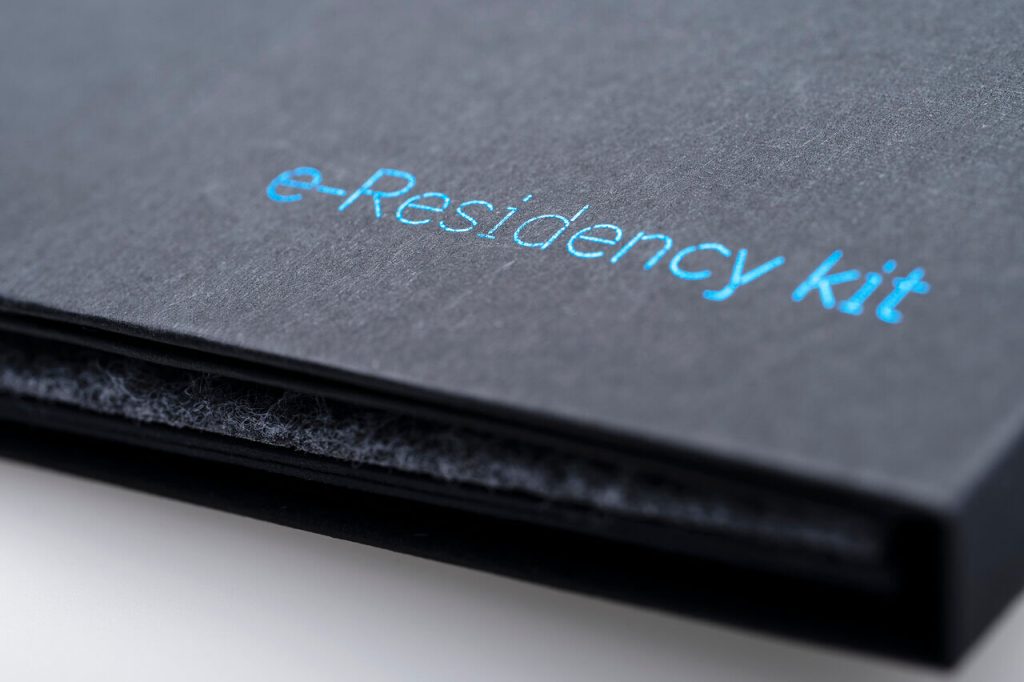top tips for e-residents to successfully apply for a business bank account
A guest post by 1Office with some practical tips and strategies for e-residents to have the best chance of applying for a bank account for their business

This guest post about how e-residents can apply for a business bank account is written by 1Office, a team of more than 50 skilled professionals who specialize in law, accounting, taxation, customer service and support for cross-border entrepreneurs. Find them on the e-Residency Marketplace.
Embarking on a business venture is an exhilarating endeavour. However, prior to an official launch, it is imperative to establish a dedicated business bank account. This pivotal step not only segregates personal and business finances but also forms the bedrock for financial stability and expansion. E-resident entrepreneurs have several options for business banking, including fintechs based in the European Economic Area (EEA), banks in Estonia, and banks in other countries in the EEA. This guide will lead you through the general process and things to keep in mind when applying for a business bank account at an Estonian bank.
1. Conduct Research and Select the Appropriate Bank
Not all financial institutions are created equal, particularly in the realm of business banking accounts. Take the time to explore various banks, neobanks, fintechs and payment institutions. Consider and compare their offerings, fees, and business-tailored services. Take into account factors like location, ease of onboarding, online banking capabilities, customer support, and special features such as business loans or credit lines.
The Estonian e-Residency team has done an admirable job on their website, compiling a comprehensive table of all available banking and fintech solutions. We strongly recommend giving it a look.
For the majority of e-residents, the best option is to start with a fintech in the EEA. The e-Residency Marketplace lists a number of fintechs who offer business banking accounts to e-residents, including Intergiro, Genome, Paysera and ConnectPay. If you’re opening a brand new business, consider first a fintech business bank account in the first year or two of operation. Then, build up a pattern of transactions and revenue/expense history. Demonstrating a consistent transaction history and paper trail is more attractive to traditional banks when onboarding new business clients.
2. Compile Essential Documentation
Banks have specific prerequisites for initiating a business account*. Typically, banks require a significant connection to Estonia. Thus, they may hesitate to facilitate an account for non-residents if they cannot demonstrate that their business has a strong affiliation with Estonia. A strong connection means that your business has at least 50% of shareholders, suppliers, customers, staff, or assets in Estonia. This doesn’t include service provider relationships (e.g. accountants or virtual office providers). It can also mean having an office in Estonia, targeting services to Estonian customers, or investing in real estate/industry here.
We strongly recommend reaching out to the bank directly prior to making any arrangements to travel to Estonia. Some Estonian banks provide the option of making your pre-application online. Generally, for opening a business account at an Estonian bank:
- The application must be presented in person by a company board member vested with the authority to act as a representative. If you have any queries, don't hesitate to contact the 1Office legal advisor for guidance.
- Evidence of Business Entity: This could be your Articles of Incorporation, Partnership Agreement, or a Doing Business As (DBA) certificate, contingent on your business structure.
- Personal Identification documents, and in-person identity verification.
- Business License or Permits: Depending on your industry, you may require specific licenses or permits to operate within legal bounds.
- Business Plan: Some banks may request a concise business plan outlining your objectives, target market, and financial projections.
- Initial Deposit: Some banks necessitate an initial deposit to activate the account.
1Office is at your disposal to aid you with the necessary documentation. Reach out to us for a complimentary consultation to kickstart your business.
*It's important to note that e-Residency does not confer the entitlement to establish a personal bank account in Estonia.
3. Prepare for a Background Check
Banks conduct a background check (KYC) on the business and its proprietors. This may encompass a credit assessment, particularly for sole proprietors or small businesses lacking an established credit history. Banks (and their employees) may receive heavy fines under anti-money-laundering laws if don’t know their clients and don’t do their due diligence.
4. Evaluate and Grasp Fee Structure
Scrutinise the fee framework associated with the business account. This could involve monthly maintenance fees, transaction charges, and costs for supplementary services. Opt for a bank with transparent and fair fee policies.
5. Institute Sound Banking Practices
Maintain precise records, reconcile your accounts on a regular basis, and oversee your cash flow. Maintaining transparent accounting is pivotal when interacting with banks. Our team of adept accountants is on hand to aid you in ensuring accurate financial records. This will not only facilitate day-to-day operations but also prove valuable when the time comes to seek loans or credit.
If you have ties to a country that is sanctioned or is listed on the FATF roster of high-risk and closely monitored jurisdictions, you are likely to encounter difficulties accessing any form of business banking service, even with a company registered in Estonia.
6. Consider other business banking options for e-residents
In addition to Estonian banks, e-residents have two other business banking options:
- Fintechs in the EEA: usually the best option for e-residents is to open a business banking account with a fintech based in the European Economic Area (EEA). There is a wide choice of options on the market, who are aware of the e-Residency programme. Accounts can be opened entirely online. Plus, in general, fintechs have a higher risk appetite for onboarding business customers whose founders reside in a different country.
- Banks in the EEA: another option for e-residents is to open a business bank account for their Estonian company with a bank from another country in the EEA. This could be especially easy and convenient for e-residents who already have a client relationship with a bank in the country where they live.
Read more about the other business banking options in this blog post.
By following these steps, you will be well on your way to successfully applying for a business bank account. Keep in mind, selecting the right bank and instituting solid financial practices will lay the foundation for a prosperous and thriving business. Best of luck!
More from e-Residency
- Sign up for our newsletter
- Watch fresh video content - subscribe to our Youtube channel
- Meet our team and e-residents - register for our next Live Q&A

